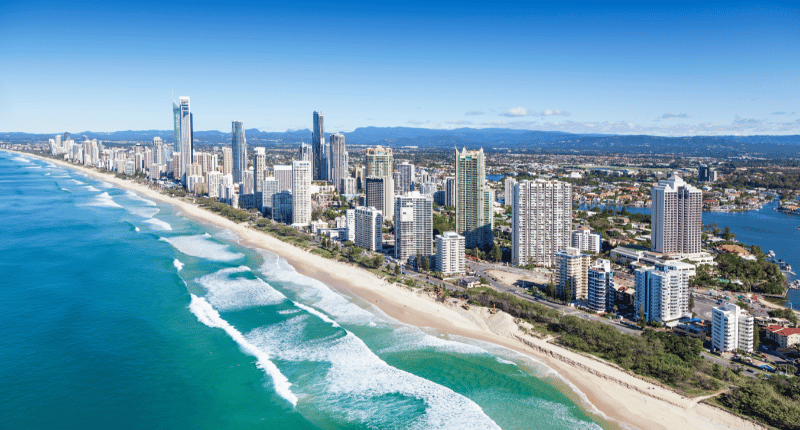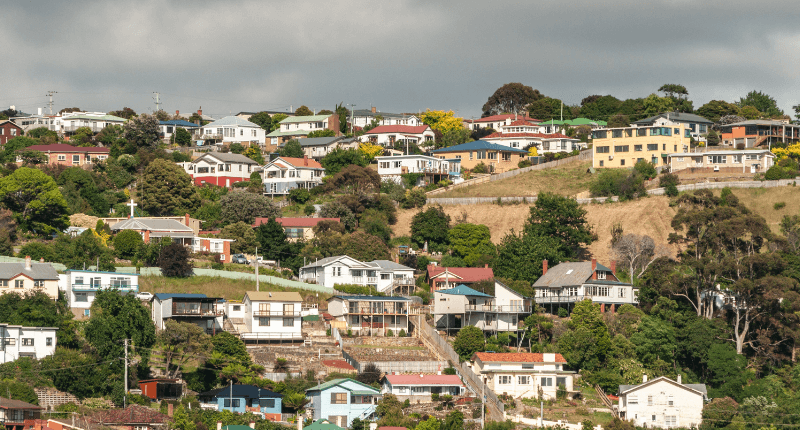- Interest rates will remain low for some years to come, is the RBA view
- It's possible other forms of credit control could be implemented, as in New Zealand
- It probably depends on how the standard of lending is viewed through this year
The debate rages on as to what the Reserve Bank of Australia will do about a hot property market, lest it get out of control. Nothing to fear yet, seems to be the message from Philip Lowe, the RBA Governor. He is more worried about irresponsible lending, than house prices, per se.
As Dr Lowe has mentioned recently, house prices are rising, yes, but are only getting back to levels of a few years ago. On the average this is true, however in some markets, such as Sydney, property prices are forging new record highs.
The RBA’s current stance is unchanged from late last year, when the central bank suggested historically low interest rates could remain at current levels (the cash rate is 0.1%) through to 2023 and even 2024.
Some commentators are suggesting things could tighten earlier, probably in 2022. However, property risk assessor Doron Peleg, the CEO of RiskWise, is suggesting credit restrictions could happen as early as this year.
“APRA’s previous market intervention in 2017 to slow down the pace of investor and interest-only lending showed that targeted measures can be very effective in reshaping the trajectory of the housing market,” said Mr Peleg.
Housing credit growth 1992 to 2018

“This time around the dynamics are different. In fact, the share of investor loans has been very low, and the stock of interest-only loans as a share of total mortgage debt is now at record lows and falling,” he said.
Dwelling price changes during credit squeeze

Should regulatory restrictions be required later in the year, Mr Peleg argues, then “different measures” might be used.
“For example, in New Zealand loan to value restrictions have been put in place this year, alongside further tightening measures for investors, and this is expected to slow down the very fast pace of growth in housing prices as 2021 progresses,” said Mr Peleg.
“Australia’s housing market is only just heating up now, and capital city prices are still tracking at around 2017 levels, so there will be no urgency to bring in credit restrictions.”
Interest-only lending

Brisbane-based buyers agent Pete Wargent believes that some form of credit tightening could happen in the market, if worrying lending standards exist. Unless this happens, nothing should change, at least for now.
The current safe lending laws could also be changed, as they are before the Senate this week.
“Unless there’s been clear evidence of pro-cyclical deterioration in lending standards, macroprudential measures should ideally be set and forget,” Mr Wargent said.
“Constant fine-tuning makes it very tough for market participants, including homebuyers and developers, to make important life and business decisions in good faith”.
The RBA is in a complex position, having the balance the economic recovery of the country, lending behaviour and the state of the housing market.
“We have record low wages growth and a lot of slack in the labour force, while total credit growth was benign at just 1.7 per cent last month.”
“The last thing we need is more restrictions right now. New measures should only be brought in if it becomes essential to slow the market towards the end of 2021,” Mr Wargent said.
~~
Before investing in any asset, please do your own independent research, taking into account your own personal financial situation. This article does not purport to provide financial advice. See our Terms of Use.








